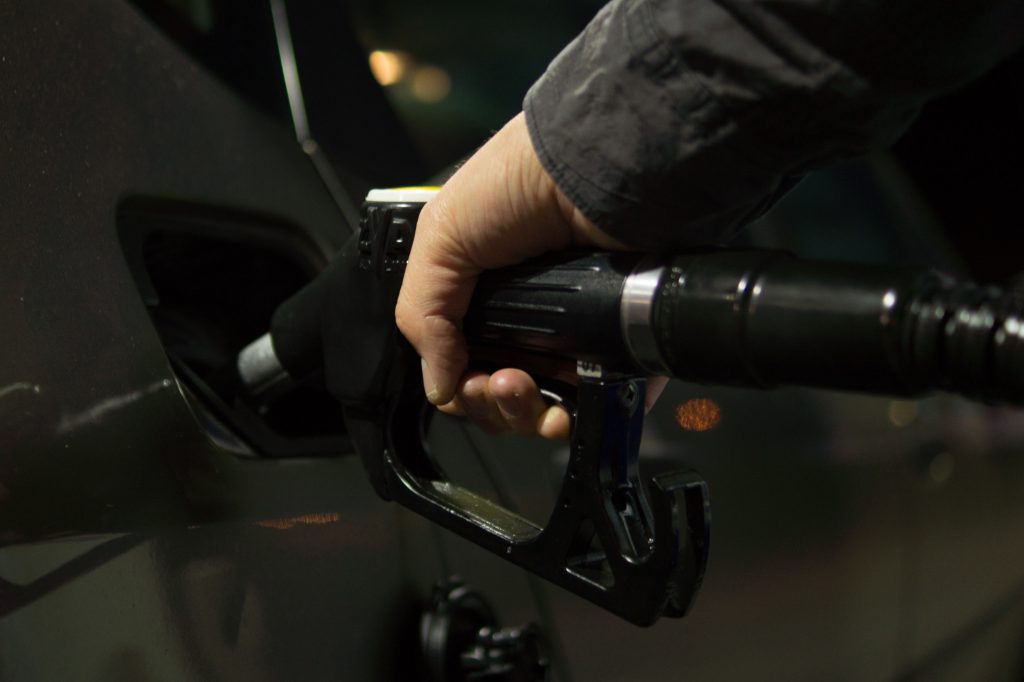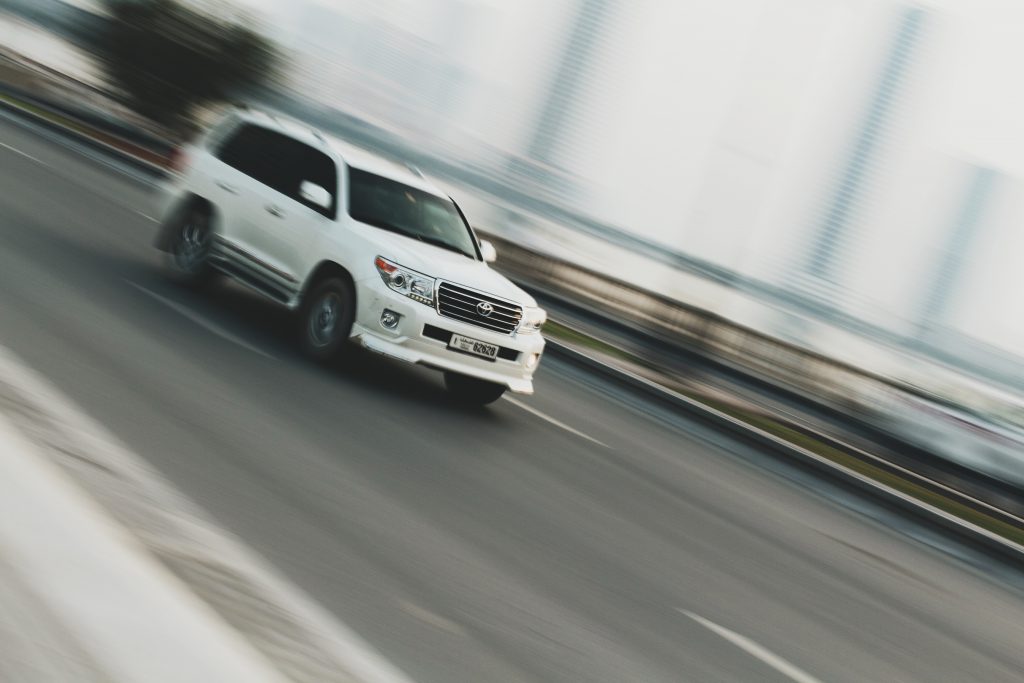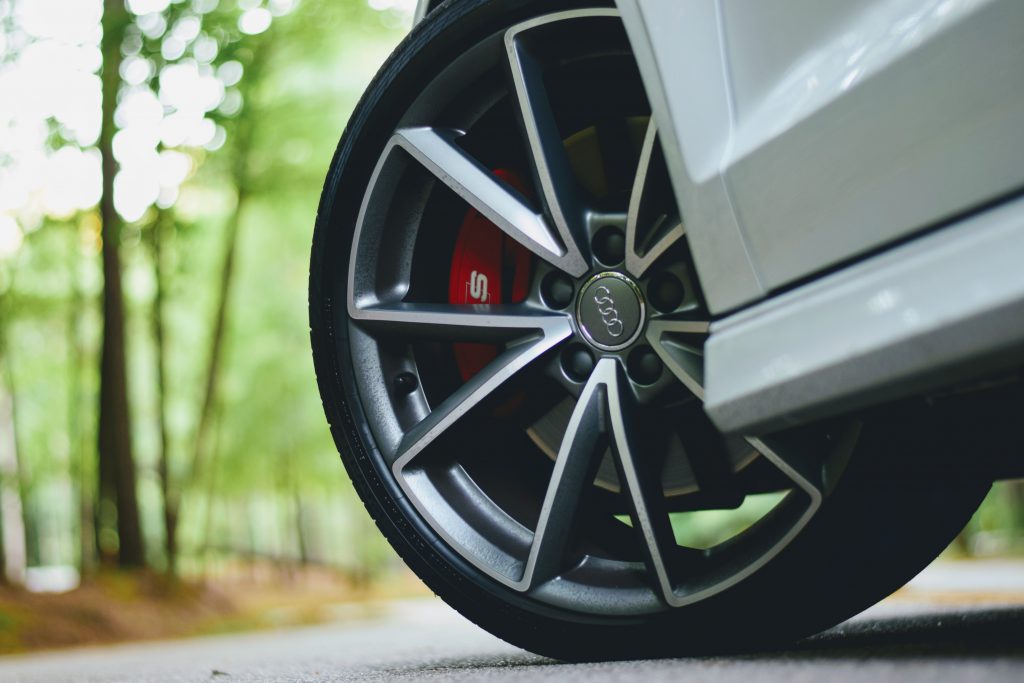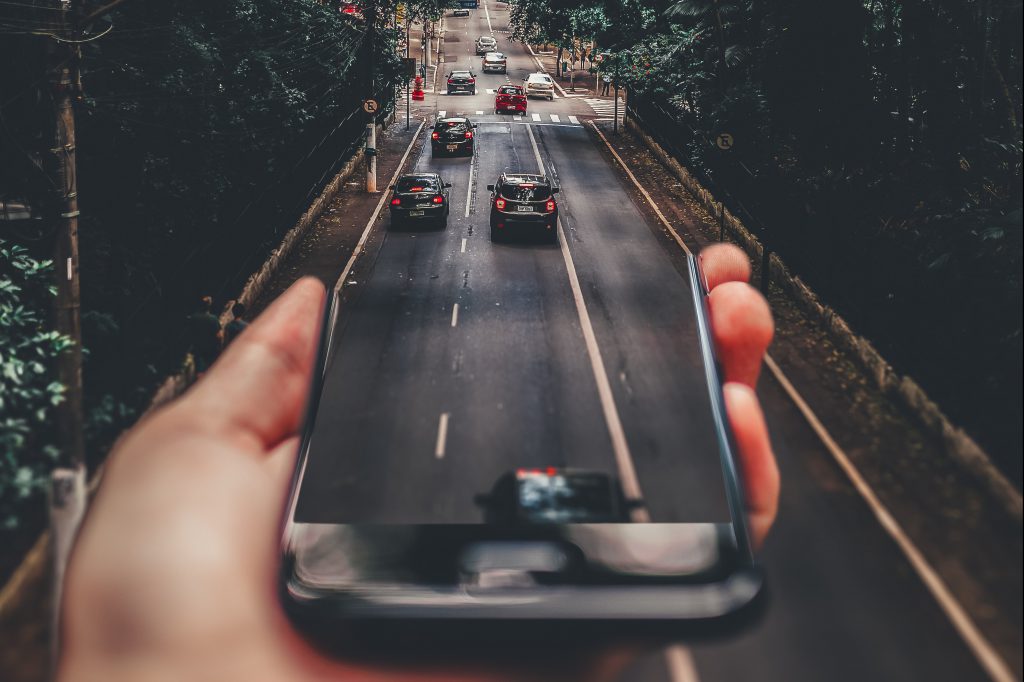
TOP 5 MONEY-SAVING DRIVING TIPS
When purchasing or leasing a new vehicle, it is important to remember that a vehicle costs more than just the price tag on the window. Gas, insurance, and routine maintenance (i.e. oil changes) quickly add up and can consume a significant portion of your monthly budget. According to the Bureau of Labor Statistics’ 2022 Consumer Expenditures study, transportation costs increased 12.2 percent (or $1,334) over the previous year. Vehicle expenses (not including the actual purchasing or leasing of the vehicle) cost consumers an average of $6,954 per year. Fortunately, there are ways to minimize driving expenses. Here are our top five money-saving driving tips:

1. Find the Cheapest Gas in Your Area
The purchase of gas tends to be very similar to the purchase of groceries: both are necessities and tend to be purchased on a weekly basis. However, the way consumers go about purchasing both is very different. Consumers research the dynamic pricing of groceries each week to learn which store is offering the best deals and sales, but rarely research which gas station has the lowest price. There are many apps, including GasBuddy, that allow you to instantly compare gas prices in your area in the palm of your hand. So next time before you fill up, make sure you are paying the lowest price for gas.

2. Avoid Idling
Even if you are paying the lowest price, there is no financial recovery for wasting gas. Idling, the act of leaving your engine running while the vehicle is parked, wastes about 1/5 to 7/10 of a gallon of gas per hour. Idling is also detrimental to your engine’s health, as well as to the environment. Idling cars produce as much pollution as moving cars, per the Environmental Defense Fund.
2. Avoid Idling
Even if you are paying the lowest price, there is no financial recovery for wasting gas. Idling, the act of leaving your engine running while the vehicle is parked, wastes about 1/5 to 7/10 of a gallon of gas per hour. Idling is also detrimental to your engine’s health, as well as to the environment. Idling cars produce as much pollution as moving cars, per the Environmental Defense Fund.


3. Don’t Speed or Slam on the Gas
Speed kills…your fuel efficiency. That’s right, speeding and rapidly accelerating do more damage than good when trying to save on your driving expenses. According the U.S. Department of Energy, both aggressive driving tactics can lower your gas mileage by up to 30% at highway speeds and 40% in stop-and-go traffic. Furthermore, gas mileage also decreases when your vehicle reaches speeds above 50 mph. Expect to burn an extra $0.19 per gallon of gas for every 5 mph you drive over 50 mph. From a cost-cutting and safety perspective, it’s better to ease into acceleration and stick to the posted speed limit.

4. Make Sure Your Tires are Properly Inflated
If you find yourself at the gas station more often than normal, it might be time to check your tire pressure. Low tire pressure can cause lower fuel efficiency, as well as extra wear and tear on your tires. Low tire pressure can result from cold weather, over inflation, slow leaking punctures, and osmosis (natural passing of air through the tire over time). Be sure to reference your car’s owner manual to ensure your tires are inflated to the recommended PSI. Also, be sure to inspect the tread of your tires to confirm that they are still in good shape.
4. Make Sure Your Tires are Properly Inflated
If you find yourself at the gas station more often than normal, it might be time to check your tire pressure. Low tire pressure can cause lower fuel efficiency, as well as extra wear and tear on your tires. Low tire pressure can result from cold weather, over inflation, slow leaking punctures, and osmosis (natural passing of air through the tire over time). Be sure to reference your car’s owner manual to ensure your tires are inflated to the recommended PSI. Also, be sure to inspect the tread of your tires to confirm that they are still in good shape.


5. Don’t Overpay for Insurance
Like shopping for groceries and now gas, make sure you are not overpaying for car insurance. Shopping for the right policy might seem overwhelming at first, but resources like The Zebra allow you to compare quotes easily and efficiently. Be sure to also ask your insurance company about any potential discounts for organization affiliations, safe driving history, specific car features, and complete safety training.